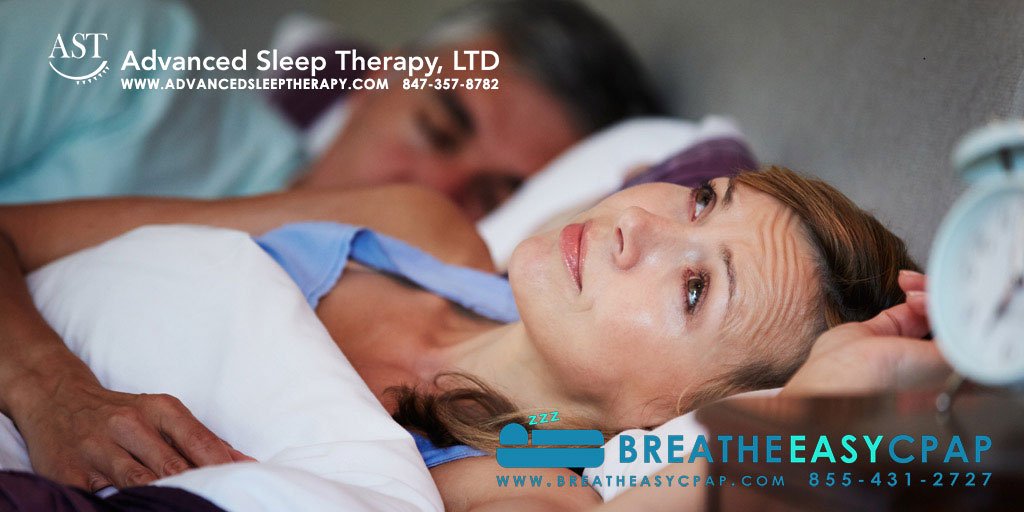Feeling Forgetful: Obstructive Sleep Apnea Could be to Blame
While most people recognize snoring as a symptom of sleep apnea, many fail to recognize another cardinal symptom of the disorder: memory loss. If you’ve been feeling like you’re more forgetful lately or that you’ve grown more forgetful over time, obstructive sleep apnea could be the culprit.
What is Obstructive Sleep Apnea?
Sleep apnea is a condition where a person’s breathing is interrupted frequently throughout the night. This lack of breath can anywhere from a few seconds to a few minutes and has serious consequences. These moments without oxygen add up and lead to all sorts of health complications from cardiovascular events to diabetes.
When sleep apnea occurs because a person’s airway has become blocked, either by a collapsing throat, excess wait around the chest and neck, or the relaxing of the soft palate, this is known as obstructive sleep apnea.
How Does Obstructive Sleep Apnea Cause Memory Loss?
When your body senses that you’ve been without breath, it sends a mix of chemicals and signals throughout your body, prompting you take wake. These disruptions in sleep, or micro arousals, are a big reason why you may be experiencing a problem in memory, concentration, and fatigue during the day, even when you’ve been in bed for eight hours!
There’s more to your memory loss than frequent waking. A study out of UCLA found that sleep apnea creates actual brain injury because of those numerous episodes apnea, or oxygen loss. Participants in this study found that those with sleep apnea had a 20% smaller mammillary body than those without the disorder. The mammillary body is an anatomical structure found on the underside of the brain. Damage to this structure or a reduction in its size can lead to memory loss and has even been associated with memory related disorders like Alzheimer’s disease.
Recovering from Memory Loss
When you’ve been feeling so unlike yourself for so long, you may be wondering whether or not you can function normally again. Generally, the answer is yes. Most people who start continued positive airway pressure say that they see an improvement in these symptoms in time. To speed the process, you may benefit from taking a vitamin B complex supplement or eating foods rich in thiamin. Exercise is another great way to boost your memory. In fact, exercise has been shown to generate new cells in the brain’s hippocampus. Last but not least, sleep apnea requires treatment in order for your memory loss to stop its progression and start healing.
Continuous positive airway pressure machines, or CPAP therapy, is the standard and most effective way to treat sleep apnea. If you’ve got memory loss related to sleep apnea, a CPAP machine, like Resmed’s Air Sense 10, is one great way to start improving your memory.
Our memories are precious. If you’re snoring, have signs of memory loss, or any other symptoms of sleep apnea, call your primary healthcare provider. If your physician diagnoses you with sleep apnea or you have questions about your CPAP equipment, contact us at Breatheeasycpap.com. We’re a team of trained respiratory therapists, registered nurses, and physicians committed to quality health care.

